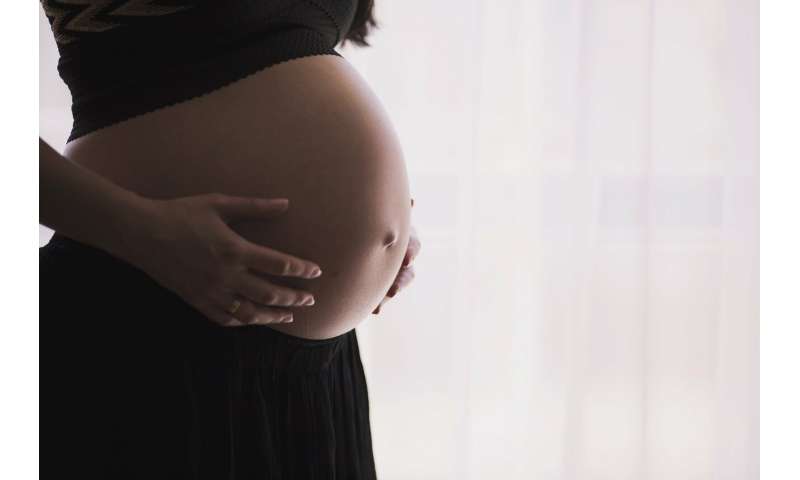Rates of depression and substance use higher for pregnant teens, study finds


Researchers from Lawson Health Research Institute and Brescia University College found that teenage pregnant women are more likely to live in poverty, have poorer mental health and have higher rates of substance use.
There are limited Canadian studies on teenage pregnancies, in particular looking at risk factors and birth outcomes compared to women who became pregnant during adulthood. London researchers were able to take advantage of a large sample of pregnant women from Southwestern Ontario by accessing data from patients at London Health Sciences Centre. Of the 25,363 pregnant women making up the total sample of the retrospective cohort study, 4.3 per cent (1080) were 19 years old or younger.
Teenage pregnant women were much more likely than older pregnant women to live in poor, disadvantaged neighbourhoods across Southwestern Ontario. They were also more likely to have a history of depression and had higher rates of depression during pregnancy, with 10 per cent on medication while pregnant. Looking at substance use, 41 per cent of teenage women smoked cigarettes, 13 per cent used cannabis and 7 per cent drank alcohol during pregnancy, which was significantly higher than rates for older pregnant women.
Once adjusted for other medical, behavioural and economic factors, teenage pregnancy was not associated with a higher risk for preterm birth or low birth weight compared to pregnancy for women ages 20-34 years. However, the infants had a higher risk of low Apgar scores.
An Apgar score, a test given to newborns soon after birth, indicates how well the baby is doing outside of the womb. Babies with very low Apgar scores are more likely to need assistance with breathing. However, Apgar scores have little correlation with the long-term health of the baby.
“Although teenage pregnancy has been declining in Canada over the past few decades, this does not mean that we have solved this social issue. The majority, 70 per cent, of teenage pregnancies in this country are unintended,” says Dr. Seabrook, Scientist at Children’s Health Research Institute, a program of Lawson, and Associate Professor at Brescia University College. “Unfortunately, declining rates of teenage pregnancy means that the issue has received minimal attention in recent years with respect to social policy.”
Contrary to findings in the United States, where teenage pregnancy is associated with a higher risk for preterm birth and low birth weight, these recent results suggest that geographical context, differences in social inequality and type of health care system are important. It’s possible that Canada’s universal health care system provides a stronger safety net.
“There are so many factors associated with poor birth outcomes, and the advantage of our sample size and statistical modelling was that we were able to include key medical and behavioural factors which play a larger role than age,” says Dr. Jasna Twynstra, Associate Professor at Brescia University College.
“Although our study adds to the limited research on teenage pregnancy and birth outcomes, the findings are only from Southwestern Ontario,” adds Dr. Seabrook. “We are currently working on a systematic review and meta-analysis of all studies conducted in Canada on the relationship between teenage pregnancies and adverse birth outcomes to determine whether our findings here are consistent with what’s happening across the country.”
Source: Read Full Article